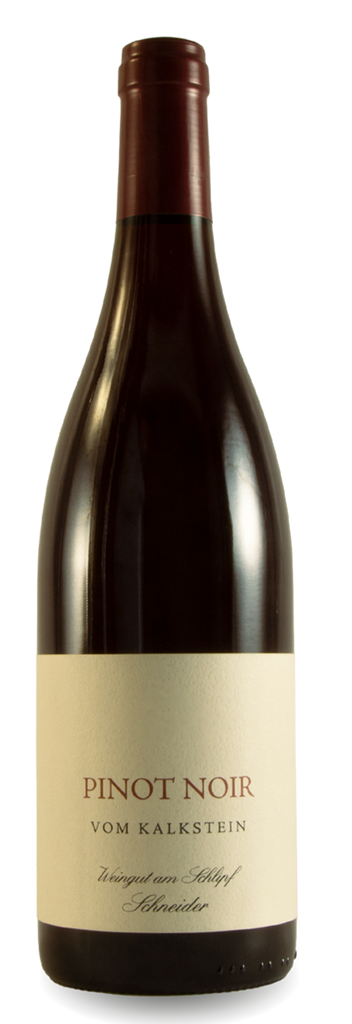Inspired by Burgundy, but definitely wines unto themselves - the quality was spectacular. On tasting the samples of his new 2019 releases in April 2022, we were all floored. The quality here is astounding, with the wines revealing an unrivalled class, depth and balance we haven't seen for many a vintage now, perhaps even since the '11s. With Burgundy becoming unobtainable, and Pinot Noir prices from places like Oregon and California getting so high, these wines look like brilliant value.
They farm a total of 15ha of vines, scattered across 70 individual parcels inside the Tullinger Berg nature reserve, with species-rich forest above the vines, and wildflower meadows and fruit tree plantings close by too. Their very best sites sit on the the geological marvel that is the ‘Weiler Schlipf’ – a seam of limestone rising up out of the Baden landscape – provides the vines and fruit with taut minerality. Their vineyard is the southernmost in the whole of Germany and overlooks the old town of Basel. At every quality level, these are exceptional quality and value, especially when (inevitably) compared with their Burgundian counterparts.
We first met Claus’s son Johannes in 2013, when he had just returned from a year's stint working at Gevrey domaine Rossignol-Trapet. He returns regularly for drink with his friends he made. Sixth generation winemaker Johannes, aided by his brother Christoph has moved to a "less is more" approach in the last few years. In the cellar, oak management is restricted with minimal new oak, and a reduction of sulphur usage across the range too. All fruit is exclusively handpicked, fermented without additions and aged sur lie in barrel, undisturbed for as long as possible, and never hurried for release, with no filtration at bottling either. Pierre Millemann consults.
As for farming, they have converted to organics, soon to be certified, with some principals of biodynamics too. Tillage is kept to a minimum, with natural growth between the vines encouraged. Opting for natural teas and extracts produced from plants grown in those same vineyards over synthetic aids, as Christoph cites 'healthy and living vineyards are the basis of our wines. They must be integrated into the natural environment and must not represent a foreign body for the insects, animals and microorganisms living there.'
